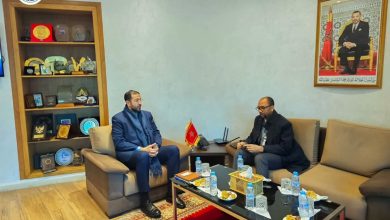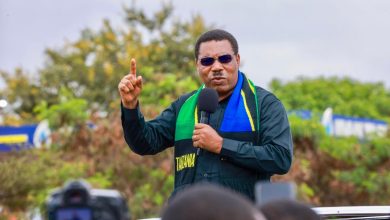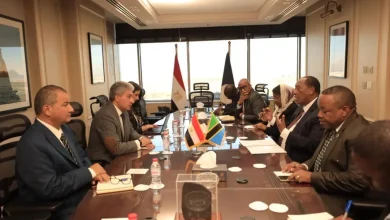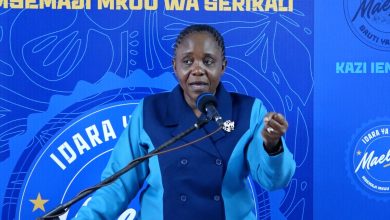Democracy in Action: Why 2025 elections matter to every Tanzanian
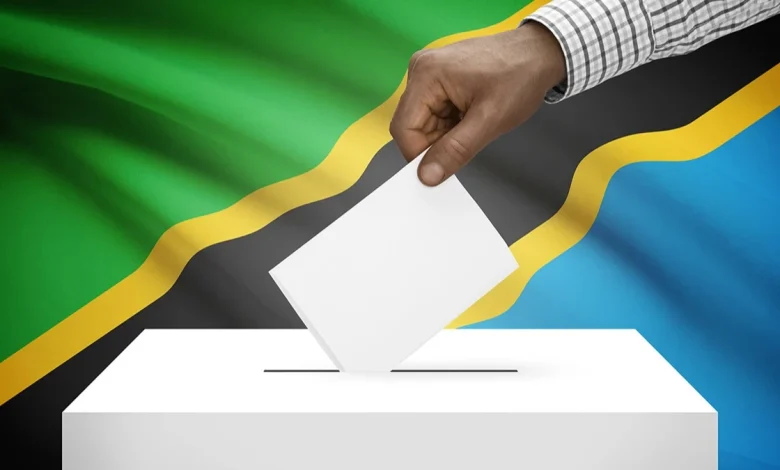
DAR ES SALAAM: AS Tanzania prepares for its General Election this October, citizens and experts alike have stressed the importance of the vote, not just as a constitutional requirement, but as a powerful symbol of democratic maturity and national responsibility.
In interviews with ‘Daily News,’ political analysts, economists and everyday Tanzanians emphasised that elections are more than routine, they are the foundation upon which legitimate leadership is built, leadership tasked with driving development and safeguarding the country’s long-term vision.
A political analyst and lecturer at the Mwalimu Nyerere Memorial Academy in Dar es Salaam, Dr Ahmad Sovu stressed that elections are not optional or symbolic, they are an essential constitutional process.
“Elections are one of the key pillars of democracy, both in Tanzania and globally,” Dr Sovu explained. “As part of the international community, we cannot afford to lag behind in upholding this fundamental democratic principle.”
He noted that elections provide the only lawful avenue for selecting leaders entrusted with managing public resources and solving the day-to-day challenges of citizens.
“Whether it’s national, district, or ward-level leadership, decisions on roads, electricity, water and other services stem from those elected. Leadership is what people turn to in times of crisis or peace. That’s why elections are crucial,” he added.
ALSO READ: PVR INFORMATION UPDATE: ‘Stand up for democracy’
Dr Sovu urged Tanzanians to actively engage in the entire democratic process, not only by casting their votes but also by attending campaign events, critically evaluating candidates and even running for office themselves.
“Together, we can elect visionary leaders who understand the people’s challenges and are ready to address them. Nearly every aspect of our development relies on the leadership we choose,” he said.
Echoing this sentiment, economist and policy analyst Paulo Lukumay said the elections provide a critical opportunity for citizens to assess and hold their leaders accountable.
“It’s not just a democratic ritual. Elections give people the power to evaluate whether leaders have kept their promises,” Lukumay said. “It’s also a time to reward competent leadership and replace those who have underperformed.”
He insisted that elections reinforce the principle of public accountability, ensuring that political power remains in the hands of the people.
For many ordinary Tanzanians, the vote is not only a right, it’s a duty.
Senior citizen Edward Mathew, from Dar es Salaam, described voting as both a constitutional obligation and a civic responsibility for every Tanzanian aged 18 and above.
“Voting is how we express our will and entrust leadership to those we believe in, from the ward level to the presidency,” Mathew said. “It’s the way we authorise leaders who share our vision for progress.”
He called for continued civic education across media platforms to deepen voter awareness.
“Not voting means surrendering your future to others. When people abstain, democracy is weakened and it creates room for unqualified individuals to rise,” he warned.
Mathew also reminded the public that all political parties have the constitutional right to participate and urged citizens to vote for leaders they truly believe in.
In Mara Region, 60-year-old Bernice Kurwa of Kisorya Village, Bunda District, said that casting her vote is a vital way to shape the future.
“Voting gives me the chance to choose a leader I trust, someone who is honest, fights tribalism and corruption and fulfills promises,” she said.
ALSO READ: ‘CCM constitutional changes strengthen intra-party democracy’
Kurwa insisted the need for future leaders to prioritise social services, especially in rural communities and uplift those who have historically been marginalised.
“We need leaders who understand rural life and are ready to bring change to people like us.”
As Tanzania approaches this pivotal moment in its democratic journey, the message from citizens and experts is clear: Voting is more than a right—it’s a responsibility. The choices made at the ballot box this year will shape the nation’s leadership, development trajectory and global standing for years to come.


